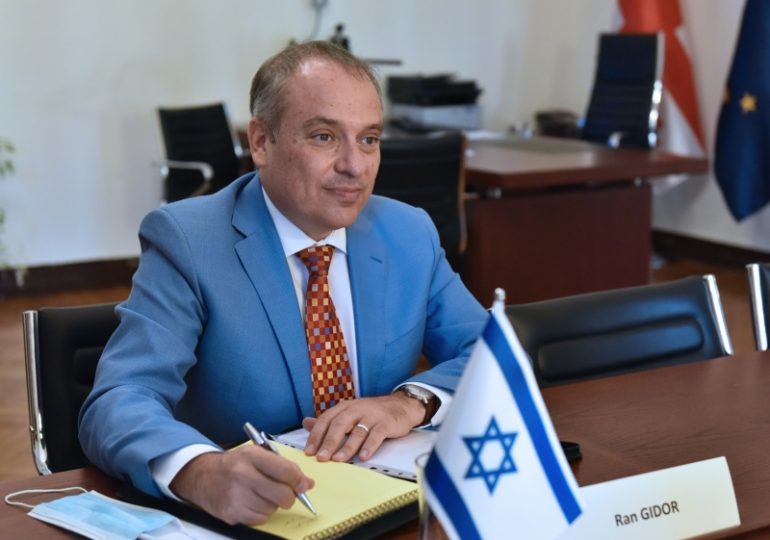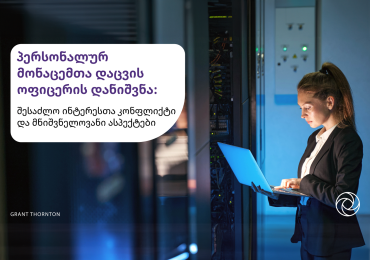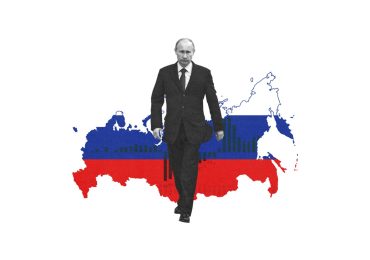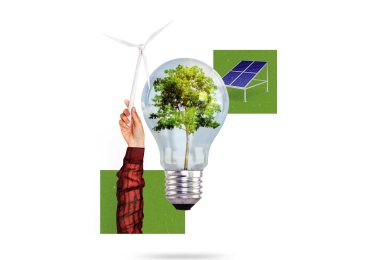The Covid19 pandemic and the ensuing global economic crisis revealed a very troubling fact: the world is unprepared for food security. The complex global systems that were created in the era of accelerated globalization are threatening to collapse: Leading food producers have placed limitations on the export of agricultural goods from their territory, disturbances and interruptions have been encountered along the entire global supply chains from production in the field, to the international marketing of food, the decline in demand and buying-power due to the global economic recession, shortage of farm-hands and the contraction of disease amongst workers in the food-packing factories.
But what is important to emphasize is that we still have not truly distanced ourselves from the danger of hunger and the interruption in the global food supply mechanisms. At the same time, the phenomena of rising food prices, the lack of foreign currency for purchasing food on the global market, market disturbances etc., continue vigorously. Tens of millions of people in the Middle East, Africa, Asia and other areas of the world have joined the 820 million people that, prior to the pandemic, were already defined as under-nourished and in danger of hunger or starvation. The World Bank estimates that approximately 40 million people have entered the category of “immediate risk” in western Africa alone. U.N. reports, and first among them, that of the International Food and Agriculture Organization (FAO), warn of a rising threat of hunger, and the U.N. called upon the international community to maintain open commerce and to refrain from national protectionist policies.
The situation in Georgia is also of considerable concern. According to UNEP (United Nations Environment Programme) land resources are limited in Georgia: only 15 per cent of the country is cultivated, while 70 per cent is forests, bush, meadows and pastures. Agricultural cultivation methods are still largely traditional or unsustainable, which – when combined with climatic and terrestrial conditions – result in the unfortunate fact that more than a third of agricultural land is affected by degradation, erosion, pollution and soil damage. Moreover, around 4 per cent of farmland is vulnerable to desertification. Naturally, that affects food security: Georgia is 70 per cent self-sufficient in vegetables, but only 8 per cent self-sufficient in wheat, according to official statistics.
Just this week the UN has published its annual report on The State of Food Security and Nutrition in the World 2020. According to it, projections show that the world is not on track to achieve Zero Hunger by 2030 and, despite some progress, most indicators are also not on track to meet global nutrition targets. The food security and nutritional status of the most vulnerable population groups is likely to deteriorate further due to the health and socio-economic impacts of the COVID-19 pandemic.
This situation raises the question of what we can do to prevent a global food crisis which may result in hunger, political and security instability and rampant migration. Without doubt, international trade systems for food and agricultural necessities such as fertilizers, machinery, fuel, etc. must be kept open and functioning. At the same time, states would do well if they increased their local food production capacity. This food, in addition to supplying caloric needs, must be healthy, nutritious and available to everyone and at an affordable price. For this, local farming requires significant incentives and support in order to increase its production and variety.
The State of Israel, having proved itself over a period of decades an expert in successful innovative farming in some of the most challenging desert and drought prone areas of the world, can be a supplier of quick, efficient and low-cost solutions for these needs. Drip-irrigation is one of the best examples of this. It is amazing that till this day, most of the agricultural crops the world over are still grown by “dry farming”, i.e. farming that is reliant on rain for field irrigation. Moving to irrigated farming would increase the crop yield, would save water and greenhouse gases, and would, over time, create food security. Vegetables, for instance, could be grown a number of times during the year via drip-irrigation as opposed to only once a year when relying on natural precipitation during the rainy season.
“Precise agriculture”, which supplies all plant needs on an almost individual basis, is another example. Today, sensors are capable of informing precisely how much water and fertilizer is required for each tree and from what diseases it is suffering, and accordingly, an individualized treatment which is often administered via drones or other methods. The use of satellites for information gathering and remote sensing, computerized greenhouses and continuous monitoring of temperature, humidity, pests/insects, etc. from afar also increase agricultural crop yields and create more food.
Everyone knows that without water, nothing can be grown, and in arid Israel, unlimited solutions have been found and implemented, such as the use of purified sewage water for farming, or even the use of saline water; leak prevention and/or the identification of their source in water supply systems; Hydroponics – a form of farming that allows for growing vegetables in water. Water conservation, irrigation monitoring and many other solutions developed in Israel can be implemented relatively easily and at low costs throughout the world.
Among other things, the Covid19 crisis has also exposed the exaggerated reliance on animal based food. The closure of slaughter houses and meat packaging facilities, due to the contraction of the disease by their employees, gave a very strong push to the market of plant based substitutes for protein. This industry is seeing an accelerated growth and many technologies such as cultivated meats will begin to see mass use in the coming years. This process will also be accelerated since we know that cultivation of livestock creates heavy damage to the planet and is unsustainable and must therefore be reduced. As a result, the importance of protein sources whose origin is found in plants or cultivated meats, will grow considerably. In Israel, there is extensive research in this area and Israeli startups are on the frontline of the global development of such foods.
The need to strengthen local agricultural produce grows even stronger against the backdrop of the ever-worsening phenomena of climate change, widespread global desertification and water crises, and the extinction of animal and plants species, and with it, a huge damage to biodiversity. These and other issues are threatening our ability to supply food over the long term. As a result, there is great importance in preparing ourselves for guaranteeing food security and for agricultural production by means that do not adversely affect the environment and the climate.
In conclusion, the Covid19 crisis is still very far from being resolved and we will continue to experience its ramifications in almost every realm of our daily lives. Therefore, it is more important today than ever before to understand the fragility of the global food supply chains, the vulnerability of food security to different sources of disturbance, and to increase local food production in wide-scale.
Israel would be both happy and honored to share its rich experience and knowledge in these areas with our Georgian partners. MASHAV (Israel’s International Development Cooperation Agency) has been operating in Georgia for almost 30 years and has so far trained more than 1,500 Georgian women and men in various professional spheres relating to agriculture, irrigation, entrepreneurship, women’s empowerment, public health and numerous other disciplines. The COVID19 pandemic presents us not only with challenges – but also with fresh opportunities for increasing food security in Georgia and the entire Caucasus. Israel and MASHAV are ready to continue our partnership with Georgia (both public and private sectors) and invest in a better, healthier and safer future for all.
Author: Ambassador of Israel to Georgia, Ran Gidor
დატოვე კომენტარი














